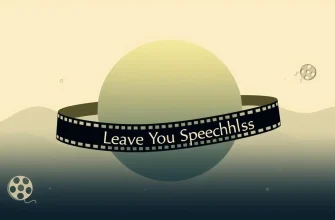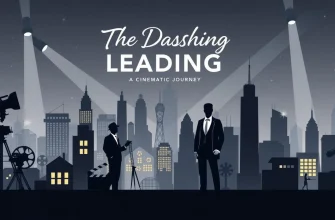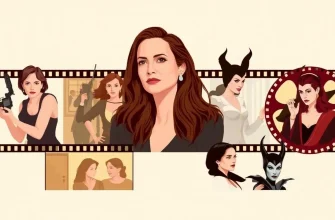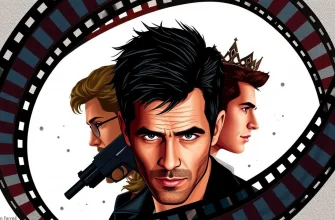This curated collection of films delves into the profound themes of existentialism and existential psychology, offering viewers a chance to explore the essence of human existence, the search for meaning, and the confrontation with life's inherent absurdities. Each film in this selection not only entertains but also invites introspection, making it invaluable for those interested in philosophical cinema or seeking personal growth through cinematic narratives.

Ikiru (1952)
Description: Akira Kurosawa's film about a terminally ill bureaucrat who seeks to find purpose in his remaining days, embodying existential themes of living authentically and confronting one's mortality.
Fact: The film was inspired by Leo Tolstoy's "The Death of Ivan Ilyich," and Kurosawa himself considered it one of his most personal works.
 Watch Now
Watch Now 
The Seventh Seal (1957)
Description: This Ingmar Bergman classic explores existential themes through a knight's game of chess with Death, symbolizing the human struggle with mortality and the search for meaning in a seemingly indifferent universe.
Fact: The film's iconic scene of the knight playing chess with Death has become a cultural symbol of existentialism. Bergman was inspired by a medieval painting he saw in a church.
 Watch Now
Watch Now 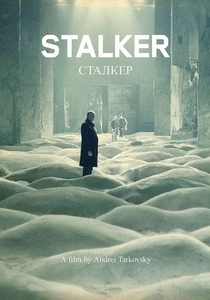
Stalker (1979)
Description: Andrei Tarkovsky's masterpiece where a guide leads two men into a mysterious zone where wishes are granted, exploring themes of desire, belief, and the human condition.
Fact: The film was shot in Estonia, and the Zone was inspired by the Chernobyl Exclusion Zone, though it was filmed before the disaster.
 Watch Now
Watch Now 
The Vanishing (1988)
Description: This Dutch thriller delves into the existential dread of disappearance and the search for meaning in the face of the unknown, exploring themes of identity and the void left by loss.
Fact: The film was remade in Hollywood in 1993, but the original is often considered superior for its subtlety and psychological depth.
 Watch Now
Watch Now 
The Double Life of Veronique (1991)
Description: Krzysztof Kieślowski's film examines the concept of identity, fate, and the existential connection between two women who share a soul, exploring the notion of living parallel lives.
Fact: The film was shot in both Poland and France, reflecting the dual nature of its narrative.
 Watch Now
Watch Now 
The Ice Storm (1997)
Description: Set during Thanksgiving 1973, this film examines the existential crises of a family and their neighbors, reflecting on the emptiness of suburban life and the search for connection.
Fact: The film was based on Rick Moody's novel of the same name, and the ice storm itself symbolizes the characters' emotional states.
 Watch Now
Watch Now 
Waking Life (2001)
Description: Richard Linklater's animated exploration of existential themes through dream-like sequences, where the protagonist encounters various philosophical discussions.
Fact: The film uses rotoscoping, a technique where live-action footage is traced over to create animation, giving it a unique visual style.
 Watch Now
Watch Now 
The Diving Bell and the Butterfly (2007)
Description: This biographical drama about Jean-Dominique Bauby, who suffers from locked-in syndrome, explores themes of freedom, identity, and the human spirit's resilience against physical constraints.
Fact: The film was shot from Bauby's perspective, with the camera often positioned to mimic his limited field of vision.
 Watch Now
Watch Now 
The Tree of Life (2011)
Description: Terrence Malick's epic reflects on the meaning of life, the universe, and everything through the lens of a family's existential journey, blending personal narrative with cosmic scale.
Fact: The film features a sequence depicting the creation of the universe, which was inspired by scientific visualizations and philosophical musings.
 Watch Now
Watch Now 
The Graduate (1967)
Description: This film captures the existential angst of a young man post-graduation, grappling with societal expectations, personal identity, and the search for purpose.
Fact: The iconic scene of Dustin Hoffman's character floating in a pool was improvised, capturing the character's aimlessness.
 30 Days Free
30 Days Free 




